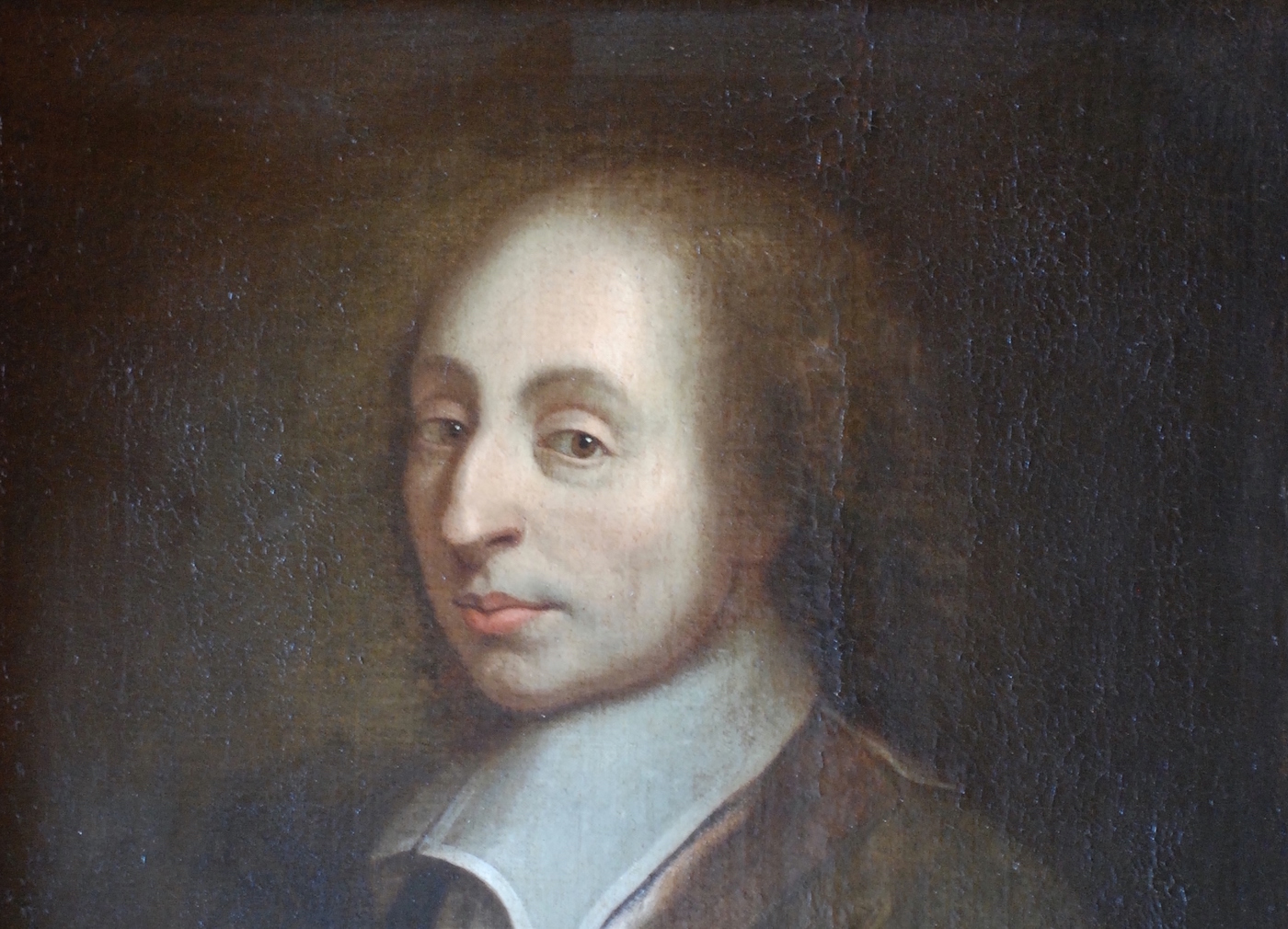Blaise Pascal was not allowed to study Mathematics until age 15 and as a result, developed a lifelong curiosity for the subject. He eventually went on to invent the calculator, Pascal’s law, and probability theory, amongst many other mathematical things. This is the timeline of the man who changed the world of computing and mathematics forever.
1623 – Blaise Pascal is born to a civil servant who serves as the King’s counsellor. He has 2 sisters.
Age 3 – His mother dies.
Age 8 – The family moves to Paris, France. Blaise’s father homeschools all his kids because he doesn’t like the way school is run. He emphasises education on Latin and Greek and doesn’t want his son to begin learning Mathematics too soon because he thinks it too enticing. This makes Blaise all the more interested in Mathematics.
Age 12 – Blaise’s curiosity leads him to start studying geometry on his own.
Age 14 – He starts accompanying his father to mathematical meetings.
Age 15 – Blaise is finally allowed to study Mathematics.
Age 16 – The family moves to Rouen, France. Blaise studies hard but is often in poor health. He develops a theorem in geometry that he calls the “mystic hexagram”. He then writes a book, Essay on Conics, that discusses the geometry of cones and talks about his “mystic hexagram” in it.
Age 19 – His father gets Blaise to help him calculate taxes for the King. To make their lives easier, Blaise invents a calculating machine that can add and subtract by moving a series of gears and cylinders. He calls the machine the Pascaline. He will continue to improve this design over the next decade.
Age 23 – His father has an accident and is confined at home. Their neighbours who are Jansenists come to visit him and manage to convert the family to Jansenist beliefs.
Age 24 – Blaise conducts a barrel experiment to prove that hydrostatic pressure depends on elevation difference. This will eventually be known as Pascal’s barrel experiment. He also does New Experiments With A Vacuum to describe how various liquids can be supported by air pressure.
Age 28 – His father dies. His sister joins a Jansenist convent. Blaise continues to enjoy secular life, paid for by his inheritance.
Age 30 – Blaise writes the Treatise on the Equilibrium of Liquids and explains what he calls Pascal’s Law of Pressure. He also finishes The Generation of Conic Sections.
Age 31 – Blaise writes the Treatise on the Arithmetical Triangle which describes a convenient tabular presentation for binomial coefficients. Through his correspondence with a friend, the theory of probabilities is also born. This will eventually be called Pascal’s Triangle in the future. After a religious experience though, Blaise gives up Mathematics, converts fully to Jensenism and joins his sister at the convent.
Age 32 – He releases a series of pamphlets called the Provincial Letters poking fun of the Jesuits. They are popular and the Jesuits try to hunt down the author but are unable to.
Age 35 – He works on solving the problems of volume and surface area of the cycloid.
Age 36 – He becomes seriously ill and from then on spends his last years giving to the poor and going from church to church to attend services.
Age 39 – Blaise dies in great pain after a growth in his stomach spreads to the brain. Unfinished and unpublished works of his are released, including more mathematical theorems and a piece of work called the Pensées that defends the Christian religion, in which he tries to prove that belief in God is rational by writing “If God does not exist, one will lose nothing by believing in him, while if he does exist, one will lose everything by not believing.” This will come to be known as Pascal’s wager.

Much later – The computer programming language ‘Pascal’ is named after him to honour his contributions to the beginnings of computing. The SI unit of pressure and an important principle of hydrostatics is also named after him. His theory of probability eventually becomes important in economics too.
More life summaries available here.
Photographs: Public Domain. Compiler: Sy
Sponsor or support the Life Summary series here.
If you found this article useful:


Say something: